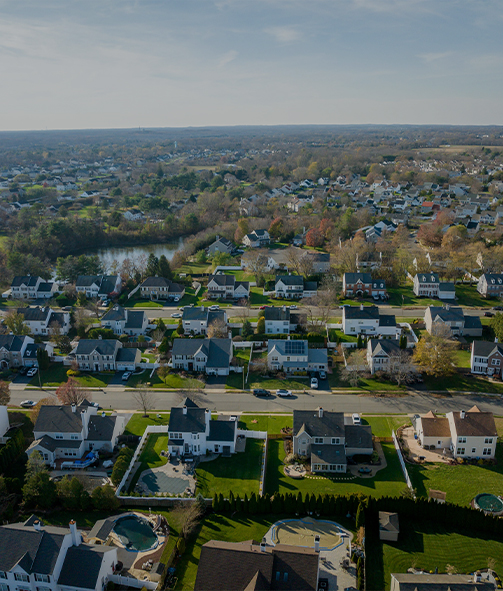
To recover compensation in most personal injury cases, the injured party must prove that the defendant’s negligence harmed them. Acting negligently means failing to exercise reasonable care under the circumstances.
Were you injured in a Monmouth County accident because of someone else’s careless or unreasonable actions? If so, you should consider pursuing a negligence claim to recover compensation for your losses.
Understanding negligence, the elements of a claim, and what you would be required to prove in your case is crucial.
What Is a Negligence Claim?

Negligence is a tort claim that often arises in personal injury law.
To successfully bring a negligence claim, you must prove the following four elements:
- The defendant owed you a duty of care.
- The defendant breached the duty of care.
- You suffered injuries or some other harm.
- The defendant’s actions or omissions caused your injuries.
To illustrate, imagine you fell and were injured when you tripped on a pothole in a store’s parking lot. To prove negligence, you would have to show that the store’s failure to maintain a safe, pothole-free parking lot was negligent by establishing each of the above elements.
Duty of Care
A duty of care is a legal obligation to act in a way that minimizes the risk of harm to others. In general, individuals are expected to behave like a reasonably prudent person would act under similar circumstances. Property owners usually have a duty to keep their property free of unreasonable hazards or adequately warn guests of dangerous conditions.
For example, a store owner probably has a duty to maintain a parking lot free of unreasonably dangerous potholes or to warn guests about the potholes with signs or warning cones.
Breach of Duty
A duty of care is breached when the defendant’s actions deviate from the required standard of care. This usually requires showing that the defendant acted unreasonably.
In our parking lot example, the store owner likely breached the duty of care by failing to maintain a parking lot that was free from unreasonable dangers. Both the failure to repair the pothole and the failure to properly block or mark the pothole could be considered violations of the duty of care.
Damages
Next, you must prove an injury or loss was suffered. In a negligence claim, an injury is a negative consequence of the accident. An accident may cause the following damages: physical injury, medical bills, property damage, lost wages, pain and suffering, emotional distress, and other economic or non-economic damages.
As you can see, damages are not limited to physical injuries. However, the plaintiff must have suffered harm for which the court can offer some sort of remedy.
If you walked into a pothole, fell, and broke your arm and your hip, you can easily show damages. You can probably seek compensation for medical bills for your broken bones, lost wages if you had to miss work, and pain and suffering.
Imagine a different scenario. You almost walk into the pothole in the store’s parking lot, but notice it at the last second and step around it. In this case, you probably did not suffer sufficient harm to pursue a negligence claim. This remains true even if you were briefly inconvenienced or mildly scared by the event.
Causation
In a negligence claim, the plaintiff must show that the defendant’s actions or omissions were both the direct cause and the proximate cause of their injuries.
The direct cause (or actual cause) means that “but for” the defendant’s behavior, the injury wouldn’t have occurred. In our example, but for the store owner’s failure to fix the pothole or block it off from visitors, you would not have fallen into the pothole. Further, broken bones are a reasonably foreseeable consequence of such a hazard.
Contact an Experienced Monmouth County Personal Injury Lawyer for Help Pursuing Your Negligence Claim
Any one of the elements of a negligence claim could be contentious in your case. The opposing party will try to weaken your case and prevent you from proving all four elements. An experienced Monmouth County personal injury lawyer can help you navigate the legal process and substantiate every element of your claim.
If you’ve suffered an injury due to someone else’s negligence, contact our Monmouth County personal injury lawyers at Noonan & McMahon, LLC, today at (732) 303-7857 to review your case.
